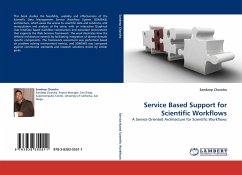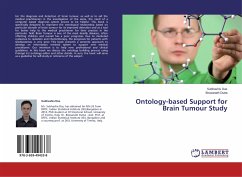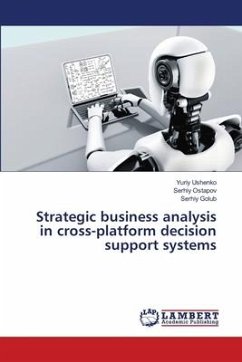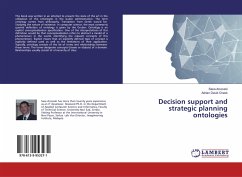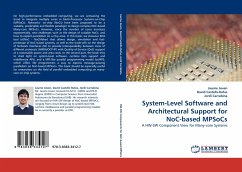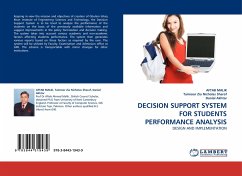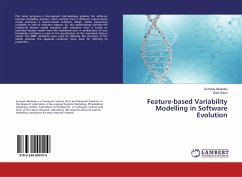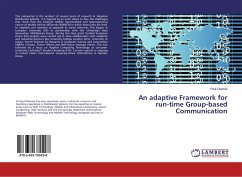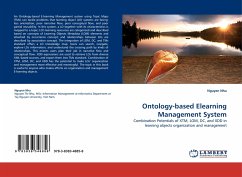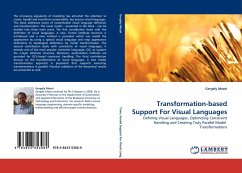
Transformation-based Support For Visual Languages
Defining Visual Languages, Optimizing Constraint Handling and Creating Truly Parallel Model Transformations
Versandkostenfrei!
Versandfertig in 6-10 Tagen
45,99 €
inkl. MwSt.

PAYBACK Punkte
23 °P sammeln!
The increasing popularity of modeling has attracted the attention to create, handle and transform customizable, but precise visual languages. This book addresses issues of customizable visual language definition and transformation. The novel results - presented in the book - can be divided into three main parts. The first contribution deals with the definition of visual languages. A new, formal attribute structure is introduced and a new method is provided, which can model the appearance by using a special visual language and map appearance definitions to topological definitions by model trans...
The increasing popularity of modeling has attracted the attention to create, handle and transform customizable, but precise visual languages. This book addresses issues of customizable visual language definition and transformation. The novel results - presented in the book - can be divided into three main parts. The first contribution deals with the definition of visual languages. A new, formal attribute structure is introduced and a new method is provided, which can model the appearance by using a special visual language and map appearance definitions to topological definitions by model transformation. The second contribution deals with constraints of visual languages, it extends one of the most popular constraint languages, OCL to support the n-layer attribute structure. Moreover, optimization methods are provided for OCL-based constraint handling. The third contribution focuses on the transformation of visual languages. A new model transformation approach is presented that supports executing transformations in parallel. Practical validation of the theoretical results are presented as well.



